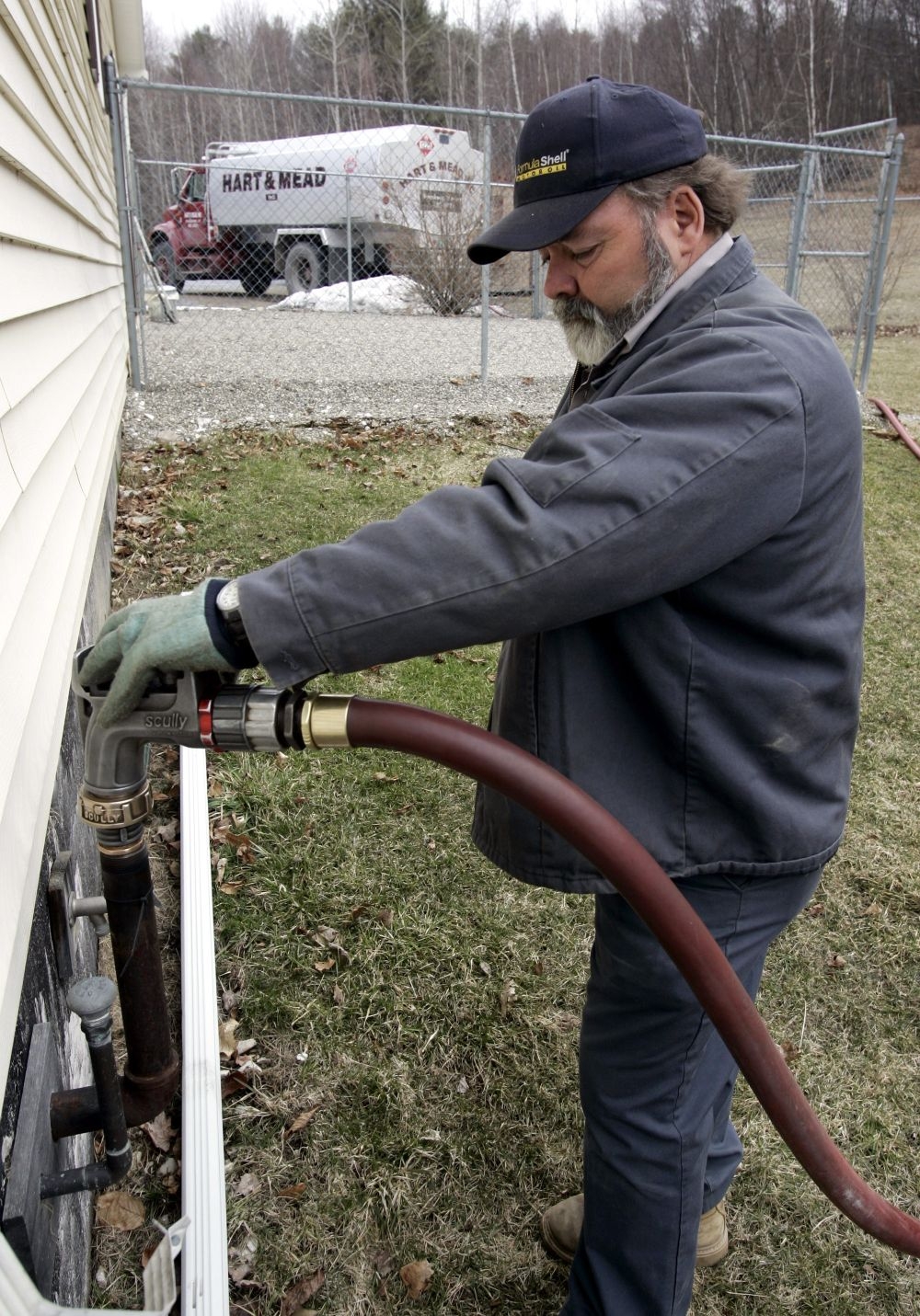 (Host) Cold weather has not settled into Vermont, yet. But, when it does, it’s going to cost more than ever to stay warm.
(Host) Cold weather has not settled into Vermont, yet. But, when it does, it’s going to cost more than ever to stay warm.
The federal government projects home heating oil prices could rise 22 percent this winter and propane could go up about as much.
VPR’s Ross Sneyd has more.
(Sneyd) The price of a gallon of home heating oil in Vermont was $2.56 last month. But the U.S. Energy Department says it could climb as high as $2.90 this winter.
Propane was selling for $2.36. But it’ll climb, too. The federal government says it could reach $2.60 a gallon before spring.
Experts warn that those are just projections from the federal government.
Elizabeth Eddy is with the Bennington-Rutland Opportunity Council — or BROC. She says all of the projections are higher than many people can afford.
(Eddy) "What we do know is whether they jump that much or not that high prices seem to be here to stay. So, the situation is grim enough, even if they remain as high as they are."
(Sneyd) Eddy says rising prices mean the heating assistance that BROC and other community action agencies provide simply doesn’t go as far it used to.
She worries that many people will find themselves in difficult situations this winter. Eddy predicts there will be greater demand at food shelves because there won’t be as much money for groceries.
Consumers aren’t the only people who get squeezed when oil prices spike unexpectedly.
Matt Cota is the executive director of the Vermont Fuel Dealers Association.
He says many small dealers do the same thing their customers do – they try to estimate how much fuel they’ll need and then sign contracts in advance at a negotiated price.
(Cota) "The fuel dealers are locked in just like the customers, having to ride this wave of fuel prices to keep in business."
(Sneyd) Experts say consumers still have a little more time to pre-buy their fuel supply for the winter. There are still some deals to be had.
Steve Wark of the Vermont Public Service Department says people could try to use less fuel, too.
(Wark) "It’s really a great opportunity to explore the efficiencies of each of the houses – people’s residences and businesses – to see if there are places to cut down through losses."
(Sneyd) Community Action Agencies like BROC have assistance programs, which can help people pay for improvements to make their homes more weather-tight.
The fuel dealers also recommend that customers have their furnaces and boilers cleaned and serviced before the cold weather arrives.
For VPR News, I’m Ross Sneyd.
AP Photo/Alden Pellet